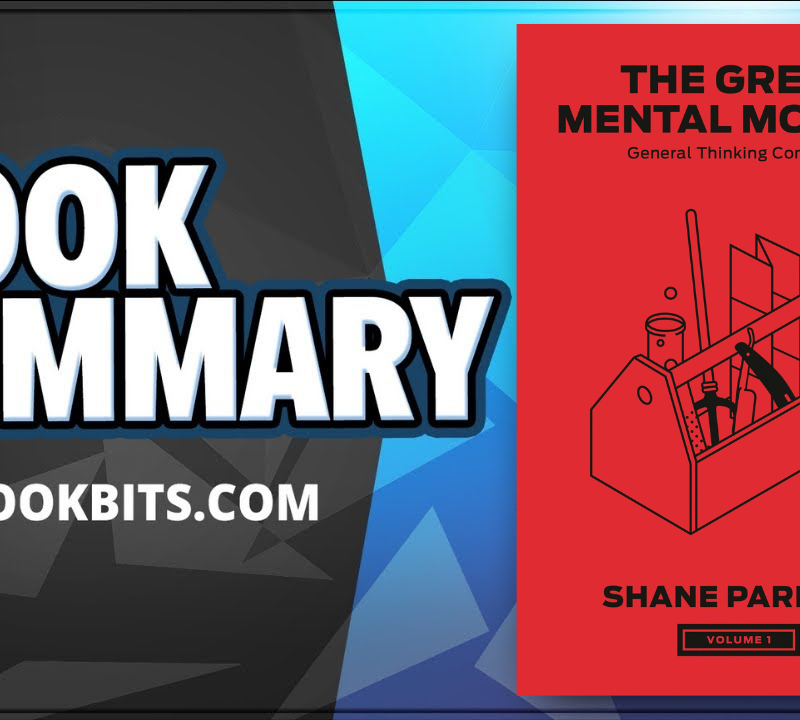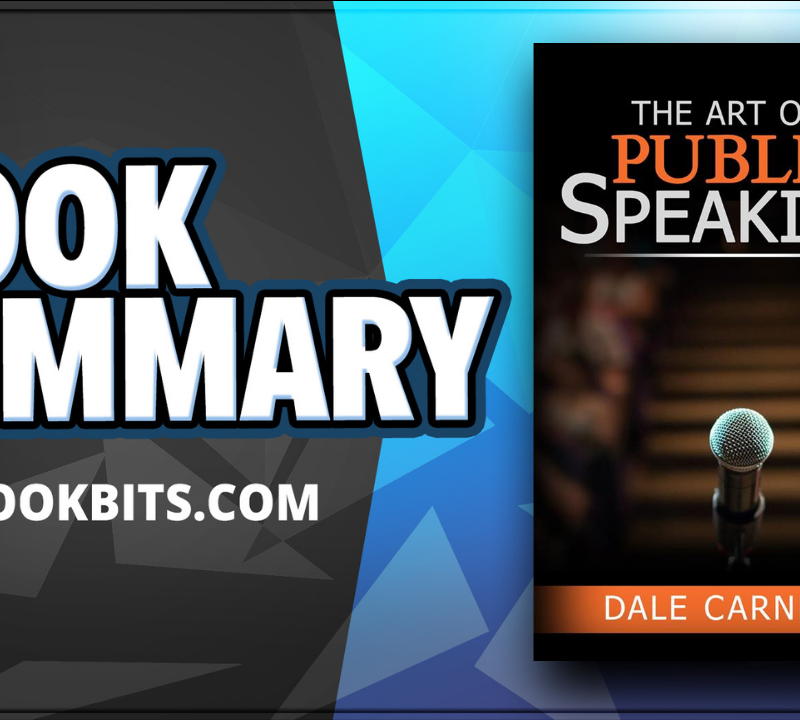★DOWNLOAD THIS FREE PDF SUMMARY HERE https://go.bestbookbits.com/freepdf
? MY FREE BOOK TO LIVING YOUR DREAM LIFE” https://go.bestbookbits.com/first-seven-steps
? SPONSOR BESTBOOKBITS BY USING PATREON https://www.patreon.com/bestbookbits
? SUPPORT BESTBOOKBITS BY CLICKING THE LINKS BELOW
150 PDF Summaries: https://go.bestbookbits.com/150
Coaching Program: https://go.bestbookbits.com/coaching
Subscribe to My Channel: https://www.youtube.com/bestbookbits?sub_confirmation=1
Website: https://bestbookbits.com
Instagram: https://www.instagram.com/bestbookbits
Spotify: https://open.spotify.com/show/0q8OW3dNrLISzyRSEovTBy
Facebook: https://www.facebook.com/michaelbestbookbits
Book Club: https://bestbookbits.com/bookclub/
Mailing List: https://mailchi.mp/d1dfc1907cdb/bestbookbits
The book is divided into 13 chapters.
- Estimates
Before going for a war, its impact must be estimated in terms of five factors – moral (people’s faith in the court), weather, terrain (army can travel 30 li ~ 10 miles a day under normal conditions) , command (capabilities of the general) and doctrine (organization and operations). A general must be able to administer reward and punishment without being excessive on either. All warfare is based on deception. When capable feign incapacity, when active, feign inactivity. Encourage enemy’s arrogance by pretending inferiority. Appeal to the enemy’s primitive instincts by offering physical goods and sexual pleasure. When the enemy is at ease, tire him. When he is united, divide him. - Waging War
War drains sovereign’s wealth, therefore, it must be done at a supernatural speed with the victory as sole objective. Try to capture and use enemy’s resources as soon as possible, that is, by winning the battle and becoming more stronger. - Offensive Strategy
Do not focus on killing, try to take the state intact. Focus should be on winning and if possible, without even engaging in the battle. The supreme excellence in war is to attack enemy’s plans (rather than the enemy). If that’s not possible, disrupt his alliances. If that’s not possible, attack his army. Worst is to attack cities. Depending on the relative strength of your army be ready to withdraw if yours is weak, and be ready to surround if yours is really strong. Never hobble the army, moves should be planned beforehand. Non-military officers should have no say in the army’s administration. A confused army leads to another’s victory. Know your enemy and know yourself, you will never be in peril. If ignorant of the enemy but know yourself then the chance of winning is half. If ignorant of both yourself and the enemy then you will be peril in every battle. - Dispositions
Those skilled can make themselves invincible but cannot cause an enemy to be certainly vulnerable. Those skilled in war defeat the enemy easily because they create appropriate conditions for ensuring victory. The armies destined to be defeated fight in the hope of winning while a victorious army wins its victories before seeking battle. - Energy
The normal force is used to engage the enemy while extraordinary is needed to win. An army needs limitless combinations of both to win. A hawk breaks the body of its prey by proper timing – an overwhelming momentum with precisely regulated attack leads to victory. Apparent confusion is the result of good order, apparent cowardice of courage and the apparent weakness of strength. A skilled commander seeks victory from the situation and does not demand it from his subordinates. He creates situations which can be exploited by his men. - Weakness and Strengths
The one who occupies the field first has an advantage. Therefore, always bring the enemy to war rather than being brought by him. Attack where the protection is low. Against those skilled in attack, the enemy does not know where to defend. Against those skilled in defence, the enemy does not know where to attack. Experts attack like the wind and disappear like the lightning. The enemy should not know where the attack will be from, therefore, forcing him to prepare in all directions and hence, dilute its strength. Thus, a skilled general is able to gain the victory by modifying his tactics in accordance with the enemy situation. - Manoeuvre
The whole army cannot move together, some units will be slower than rest, it’s important to take care of the slow baggage and protect them. Local guides are important for knowledge of the terrain. Troops cannot see or listen to each other easily, flags and drums are the only options for the guidance. Obedience takes precedence over talent. A talented soldier was once beheaded since he was disobedient. The general’s heart decides the fate of the army, if he loses heart in the battle, the army will be deprived of morale. Therefore, those skilled in war attack the enemy when his spirit is sluggish and soldiers are home sick. Do not gobble baits thrown by the enemy, nor attack enemy returning homewards. Always leave a way for the enemy to escape or else they will fight for survival. - The Nine Variables
Never camp in the low-lying ground. Be resourceful in enclosed ground. Be ready to fight in death ground. Sometimes the general need not obey orders from the sovereign. A good general never assumes that he won’t be attacked but rather makes oneself invincible. A reckless general is killed. A coward one is captured. A quick-tempered one is fooled. One with a delicate sense of honour culminates. Compassionate one can be harassed. These traits lead to the ruin of the army. - Marches
In mountains, stay close to valleys. Try to encamp on high grounds facing the sunny side. Fight downhill, never ascend to attack. Do not meet the enemy at water’s edge, let half of his force cross and then strike. Ensure that rear is safe, by having mountains in the rear and to the right. Forested mountains and aquatic grasses are dangerous since ambushes are hidden under them. When trees appear to move, the enemy is advancing. Birds rising in flight is a sign of enemy lying in ambush. Dirt spurting upwards in high straight columns indicates the approach of chariots. If dirt hangs low, it’s infantry. When dust rises in scattered areas, it’s the enemy bringing in firewood. When the enemy’s envoy speaks in humble terms but enemy continues the preparation, he will advance. When their language is deceptive but he pretentiously advances, he will retreat. When enemy speaks in apologetic terms, he wishes respite. When without previous understanding, the enemy asks for a truce, he is plotting. When his troops lean on their weapon, they are famished (hungry). When drawers drink water before carrying it to camp, his troops are suffering from thirst. When the enemy sees an advantage but does not advance to seize it, he is fatigued. When birds gather above campsite, they are empty. If his troops are clamorous (making noises) at night, he is fearful. If his troops are disorderly, general has no prestige. When troops gather and talk in groups, general has lost the confidence of the army. Troops must be given consistent, trustworthy and observed orders or else they will become disobedient. - Terrain
The accessible ground can be accessed by both sides equally easily. Taking high sunny positions is important in such grounds. Entrapping ground is easy to get out but difficult to get into. In such a ground, sallying (going offensively) out on unprepared enemy may lead to victory otherwise, any move might be unprofitable. The indecisive ground does not offer any advantage to either side, in such a case, pretend to depart and pull the half of enemy’s force out and then strike him. In constricted ground try to block the passes. In the precipitous (steep) ground, take sunny heights and wait for the enemy.
Strong troops and weak officers => insubordinate army.
Ineffective troops and courageous officers => distressed army.
Inconsistent or weak general => disordered army.
Know the enemy, know yourself => your victory will not be endangered.
Know the ground, know the weather => your victory will be total. - The Nine varieties of Ground
A dispersive ground is one’s own territory. Men think of retiring to their homes, so, do not fight here.
A frontier ground is shallow penetration into enemy’s territory. Do not stop in such land for long.
A key ground is equally advantageous for both you and the enemy. Communicating ground is equally accessible to both.
A focal territory is one which is surrounded with three different states, it’s strategically important to occupy that. Ally with neighbor states here.
A serious ground is one which is deep into enemy’s territory. It’s difficult to return from such a ground.
A difficult ground is one which has difficult terrain for the army to march through due to mountains, forests, steep heights etc.
Encircled ground is one which has constricted access and way out of it is tortuous. Enemy ambushes might be present in such ground. Devise stratagems for dealing with these. Block any gap left by the enemy for escape, thereby, forcing your forces to fight.
A death ground is one which the only army which fights with a courage of desperation survives. A fight is the only option here.
When officers and men care only for worldly riches they will cherish life at all costs. - Attack by Fire
There are five ways to use fire – burn personnel, burn stores, burn equipment, burn arsenals and use incendiary missiles.
If a fire has caused chaos in enemy’s camp then that situation must be exploited.
An angry state or resentful general should not go into a fight => enlightened ruler is prudent and good general is warned against rash action. - Employment of Secret Agents
The only way to acquire foreknowledge is through secret agents. There are five sorts of secret agents – native, inside, doubled, expendable and living. None should know about each other.
Native agents are enemy’s country people.
Inside agents are enemy officials.
Doubled agents are enemy spies.
Expendable agents are the ones given fabricated information.
Living agents are those who return with information.
Secret agents are close to general, most conversations are mouth to ear matter.
Bribe enemy’s agents and make them double agents, use them to recruit native and inside agents.
Double agents can provide right ideas on what information can be given to expendable agents which despite being false will appear trustworthy.
An army without secret agents is like a man without eyes and ears.
★DOWNLOAD THIS FREE PDF SUMMARY HERE https://go.bestbookbits.com/freepdf
? MY FREE BOOK TO LIVING YOUR DREAM LIFE” https://go.bestbookbits.com/first-seven-steps
? SPONSOR BESTBOOKBITS BY USING PATREON https://www.patreon.com/bestbookbits
? SUPPORT BESTBOOKBITS BY CLICKING THE LINKS BELOW
150 PDF Summaries: https://go.bestbookbits.com/150
Coaching Program: https://go.bestbookbits.com/coaching
Subscribe to My Channel: https://www.youtube.com/bestbookbits?sub_confirmation=1
Website: https://bestbookbits.com
Instagram: https://www.instagram.com/bestbookbits
Spotify: https://open.spotify.com/show/0q8OW3dNrLISzyRSEovTBy
Facebook: https://www.facebook.com/michaelbestbookbits
Book Club: https://bestbookbits.com/bookclub/
Mailing List: https://mailchi.mp/d1dfc1907cdb/bestbookbits













